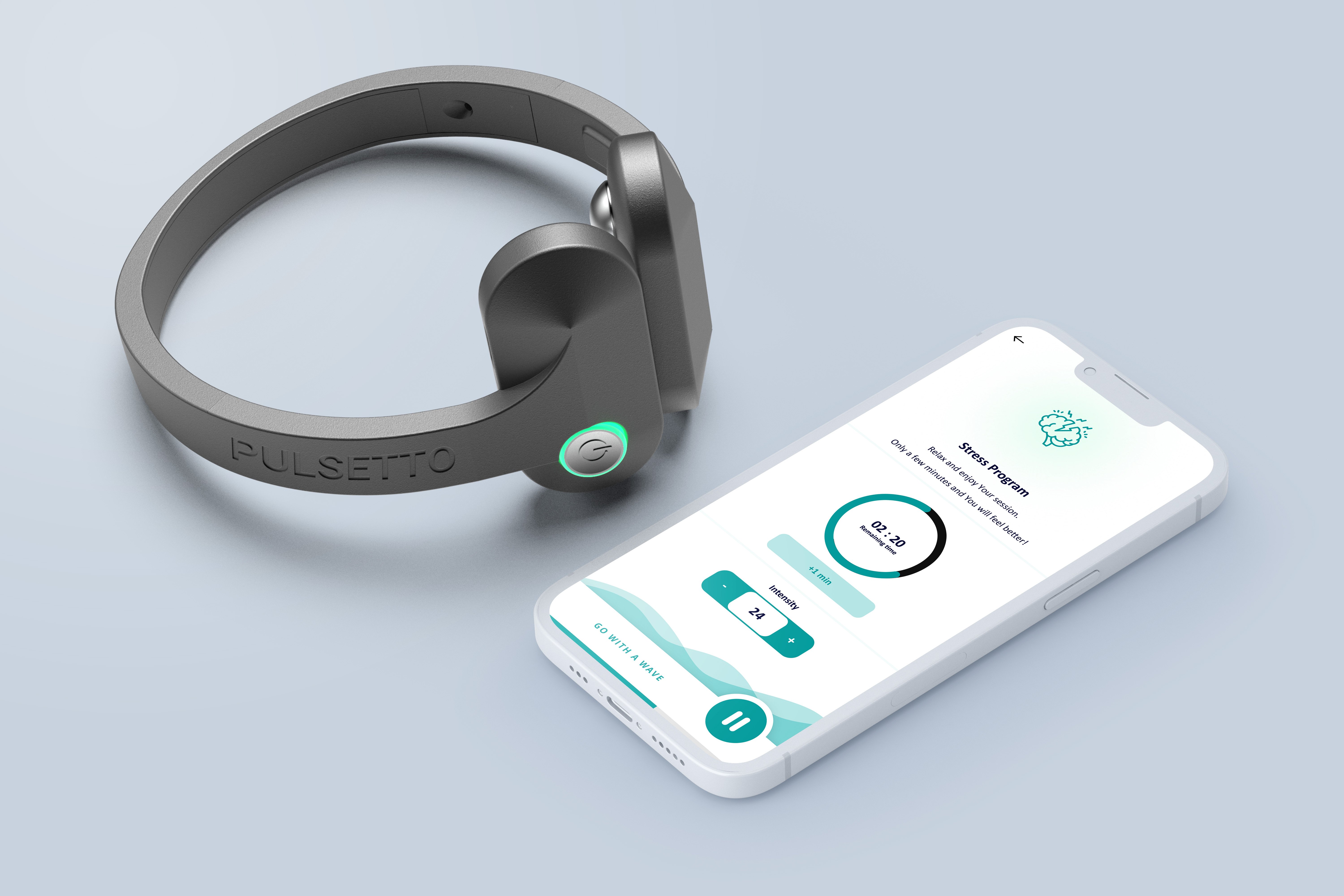It's World Sleep Day, and I'm sure I'm not the only one feeling tired. I'm fortunate enough to get treatment from a sleep doctor, but I know most people face months-long waiting lists to access services.
Women are more likely to be underdiagnosed and undertreated or offered medication instead of more effective therapeutic interventions. And there's a whole lot of quackery out there when it comes to sleep, especially in the wearables sector.
Fortunately, sleep startups are creating scientifically-backed solutions many of which are medically certified.
Moonoa (Spain)
Moonoa has developed an app that uses cognitive behavioural therapy for insomnia (CBT-i), sleep coaching, and personalised food supplements. The company has conducted over 100 clinical studies, and 90 per cent of patients report better sleep, and more than 80 per cent leave the sleeping pills for another day.
Significantly, Moonoa's offering has been certified as a medical device by the Spanish Medicines Agency and the European Union.
SOVN (The Netherlands)

Solutions for teeth grinding (bruxism) usually require expensive, uncomfortable custom mouthguards. SOVN has developed a solution using IoT to solve a painful problem.
Connected earbuds use microsensors to detect when you start grinding your teeth or clenching your jaw in your sleep. Upon detection, "soothing vibrations! Are sent, which nudge your subconscious to relax your jaw without waking you up.
A connected app tracks the frequency and longevity of bruxism and provides a space to track factors like environment, diet, lifestyle, and mood, which may contribute to teeth grinding.
Technically, the device is a wellness wearable instead of a medical device, but it will appeal hugely to people unable to sleep wearing a mouthguard.
Sunrise (Belgium)

Insanely long waiting lists mean that many people can access sleep testing from home. But it's typically not all that comfortable, and it involves an abundance of wearable tech to monitor sleep.
Sunrise believes that everyone should have a sleep test in their lifetime.
That's why the startup is reinventing sleep apnoea diagnosis. It brings clinical quality directly into the patient's home. Its AI technology analyses a new signal on the human body, jaw movements, and other standard apnoea signals from a single sensor placed on the chin.
The wearable sensor measures six signals, including airflow from the nose and mouth, mandibular jaw movements (via an accelerometer and gyroscope), pulse rate, SpO2, and head position, and can detect sleep apnea.
The device is FDA-approved for people aged 18 years or older,
The company has raised €29.9 million and acquired Dreem Health in February this year.
Sleep Cogni (UK)
Can't fall asleep? SleepCogni has developed a new treatment for insomnia that allows users to control their wind-down process and break cognitive cycles that prevent sleep. It uses a unique handheld medical device and CBT-I.
The company is co-founded by Sheffield-based entrepreneur Richard Mills, who has personally suffered from sleeping disorders, and Dutch chronobiologist and sleep expert Dr Maan van de Werken.
In its recent clinical trial, SleepCogni's device and therapy significantly reduced insomnia complaints compared to a placebo—users improved from Clinical Insomnia to Non-Clinical Insomnia within just seven days.
Endel (Germany)

Endel is a Berlin-based AI sound wellness company that uses patented AI technology to create soundscapes for sleep, focus, and relaxation across an ecosystem of apps and digital streaming platforms.
Its scientifically validated sounds, created with top artists such as Grimes, James Black, and Miguel, have drawn an audience of 3 million monthly listeners/users across its platforms.
Last year, the company became the first generative AI company to collaborate with Spotify on a sleep music playlist. Drawing on extensive research into the neuroscience of sleep, including circadian rhythms and psychoacoustics. The playlist lasts roughly 8 hours or until the listener awakens,
Pulsetto (Lithuania)

Pulsetto has developed wearable tech that helps you manage stress and anxiety and improve sleep by stimulating the vagus nerve, controlling the parasympathetic nervous system and regulating vital functions. The device is FCC certified and therefore approved for well-being use and compliant with the strict laws of the Federal Communication Commission.
Vagus Nerve Stimulation has gained the attention of numerous startups as a drug-free treatment for various health conditions.
Lead image: Sander Sammy.



Would you like to write the first comment?
Login to post comments